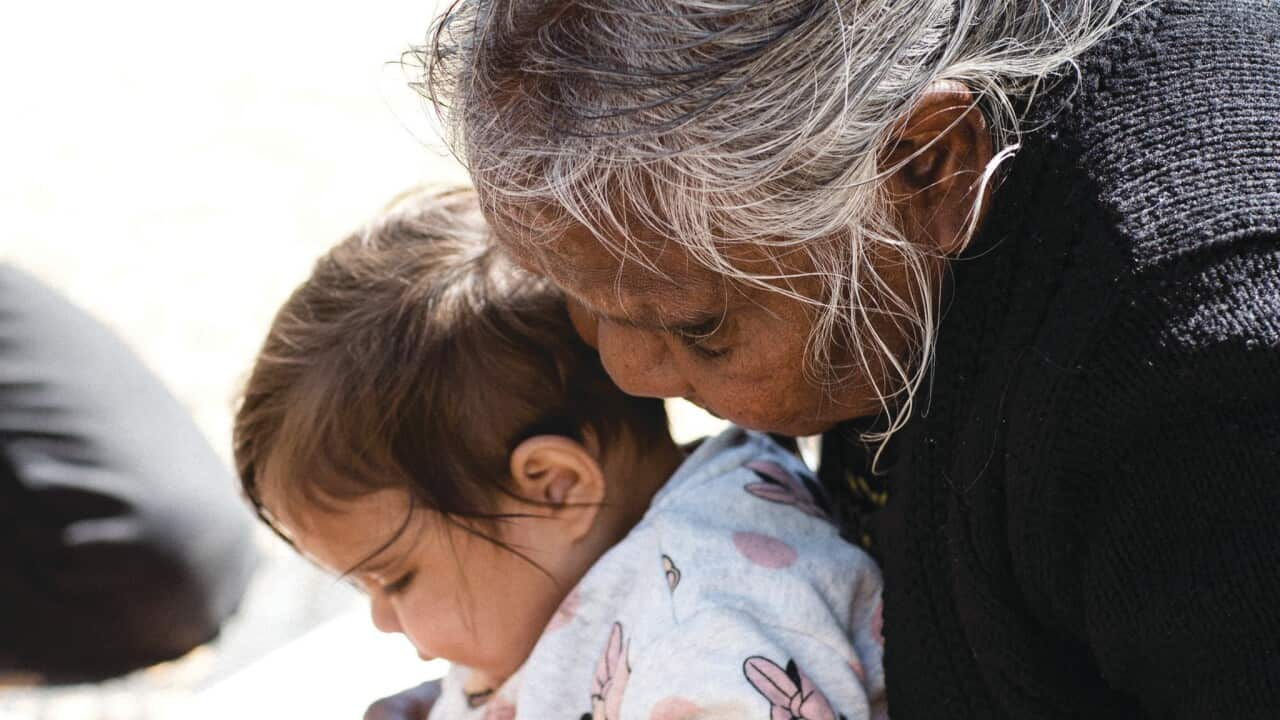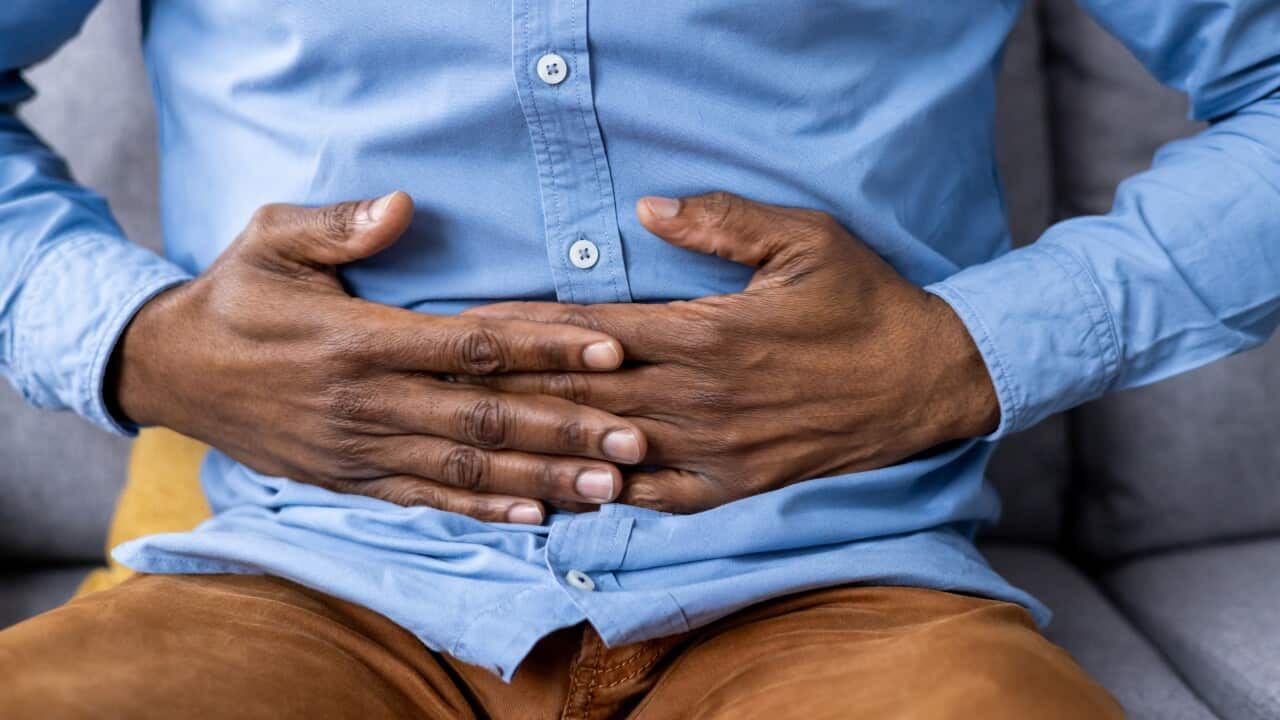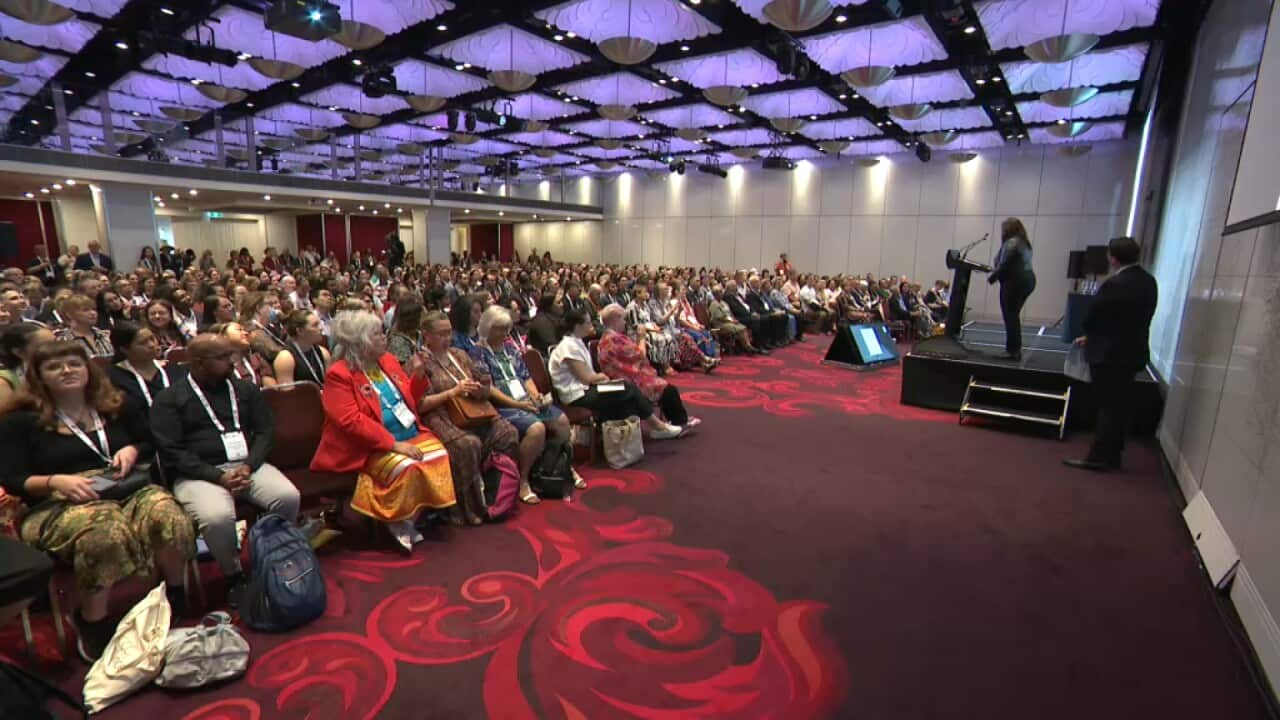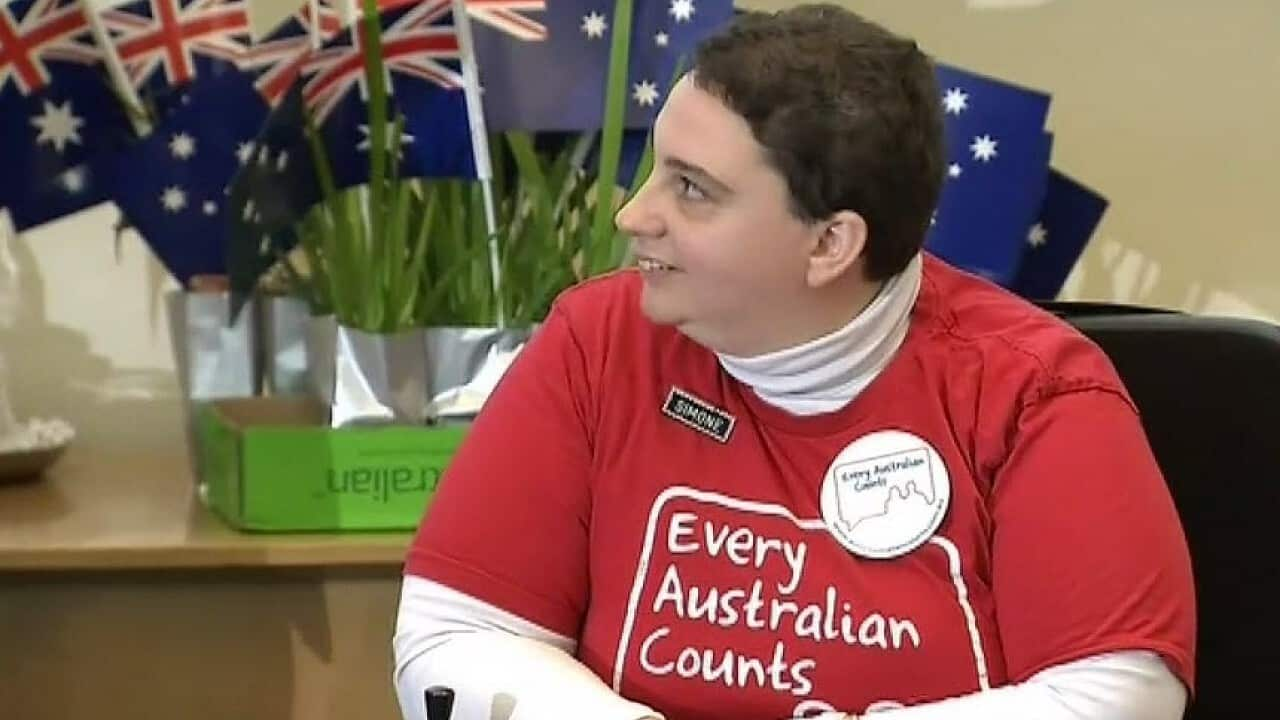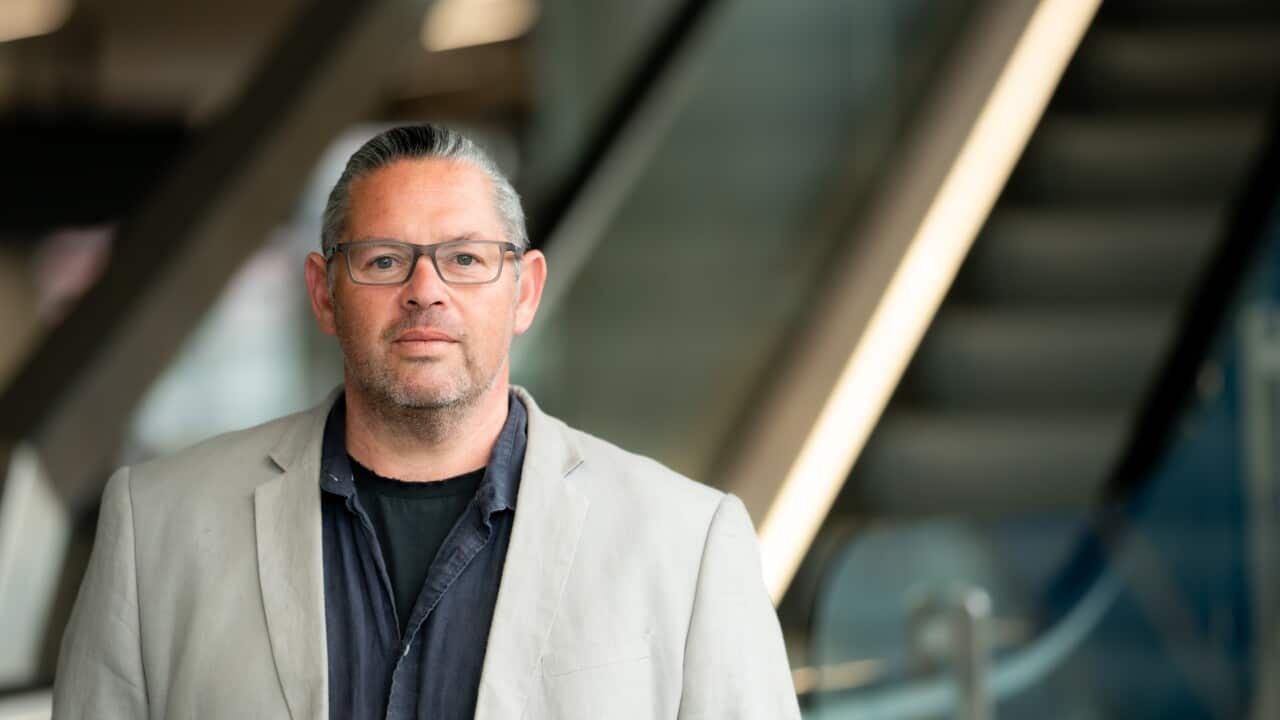Aboriginal and Torres Strait Islander children with cancer have much worse outcomes and poorer tolerance to current therapies than other Australian kids - but there's very little understanding as to why.
So Kamilaroi woman Dr Jessica Buck is leading a new program at The Kids Research Institute Australia aiming to close the gap for First Nations children with cancer.
"It keeps blowing my mind that before now there's been no teams researching cancer in our kids," Dr Buck told NITV.
"Honestly, we don't know much. There's been very few studies that have been done that have actually focused on Aboriginal Torres Strait Islander kids."
When Menang Goreng Elder Aunty Averil Williams' little girl was diagnosed with leukaemia, she naturally wanted to understand what would happen.
Aunty Williams said that through the research program, communities and mob will have a better understanding.
“When my little girl was diagnosed with leukaemia I said 'I want to know what's the treatment', all of those things, and that's what I see this project as being," she said.
“People can be properly informed and have a better understanding of what it's all about, then encourage people to ask the questions of what, why, how.”
Unravelling the puzzle
The new program, based on Whadjuk Noongar Country at the Institute’s Western Australian Kids Cancer Centre in Perth, will help to develop life-saving and life-altering treatments for First Nations children with cancer.
"We know that they have lower survival rates but we don't know why, so we think that's probably going to be due to a whole heap of different factors, things like outcomes within clinical treatments and then social determinants as well," Dr Buck said.
"We're going to try and unravel all those different pieces and see how we can improve treatment for our kids."
The first part of the project involves reaching out to First Nations communities and people with lived experience of childhood cancer and asking what questions they have and what they need from the research.
"It definitely helps having a predominantly Aboriginal team and being Aboriginal-led helps the research be more culturally safe, culturally appropriate and community focused than may otherwise be the case," Dr Buck said.
"We've got a really amazing Aboriginal community engagement coordinator, and she loves to go out in the community and I think that that helps people talk about what can be a really confronting topic."
Cancer treatments are tough on children, especially First Nations kids, who experience severe side effects from current cancer therapies and worse outcomes.
Five-year survival rates are lower for First Nations kids, particularly in the Northern Territory, where five-year survival is less than half the rate for Indigenous children compared to other children (38 per cent and 79 per cent, respectively).
Tolerance to treatment impacts their outcome and affects their long-term quality of life.
“While we recognise that there is no quick fix that will close the gap in survival outcomes and quality of life after cancer for First Nations children, this body of work is a first step and will deliver tangible outcomes," Dr Buck said.
Dr Buck’s vision for the program goes beyond research – she hopes to empower First Nations communities, transform care, and ultimately ensure that every child has the best chance to thrive after cancer.
The program is actively recruiting Elders and community members to join its advisory group, seeking individuals with lived experience of childhood cancer across the country, as well as First Nations community members in the health space.
"I think it will be a huge positive," Dr Buck said.
"Some of the first things that we're doing, based on feedback from some of the families we've spoken to, is developing resources for families and community when they're diagnosed with cancer.
"This is only just the beginning, and if there is anybody out there who has experienced with childhood cancer and would like to be involved, we would absolutely love to hear from them."

